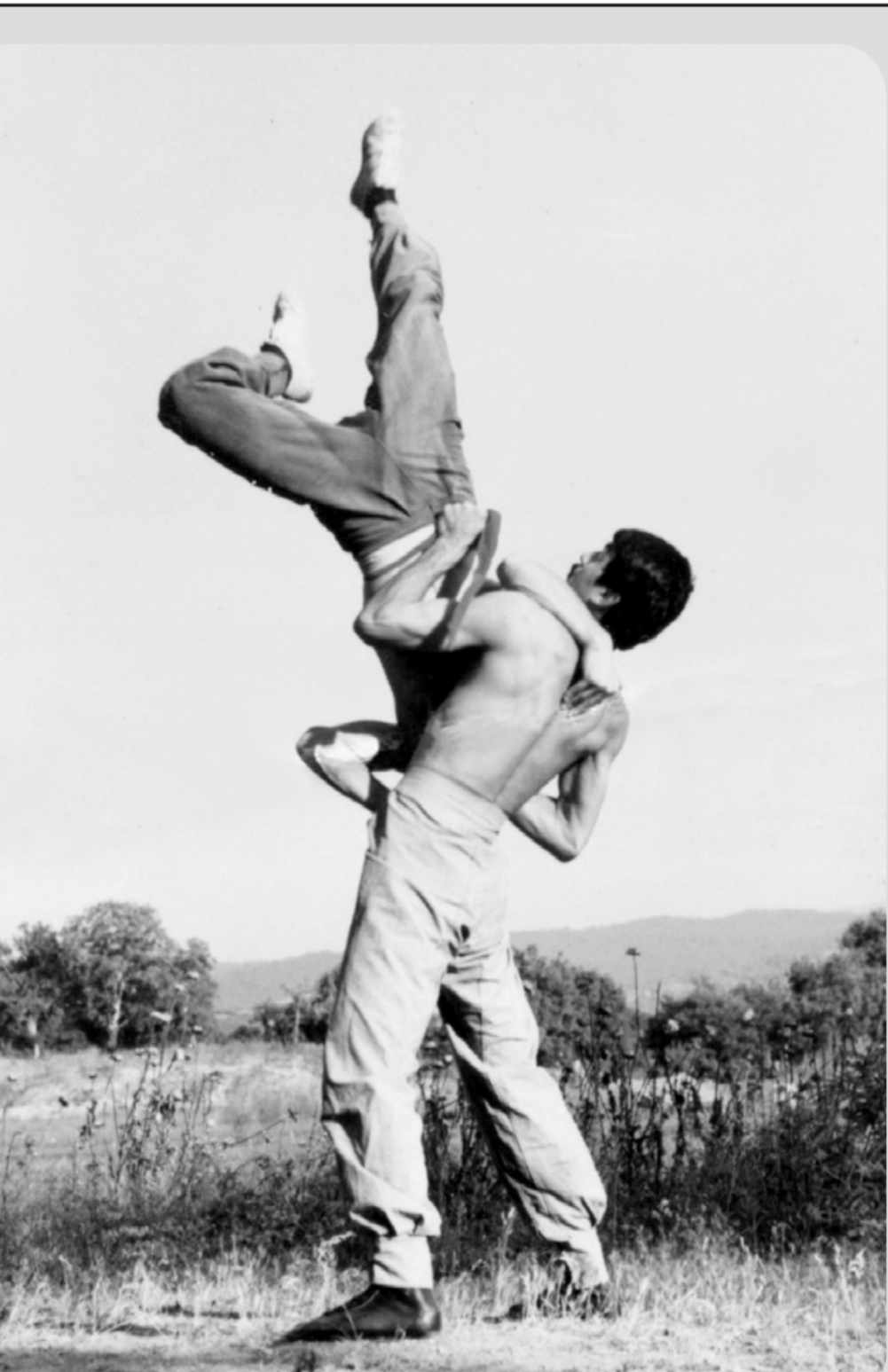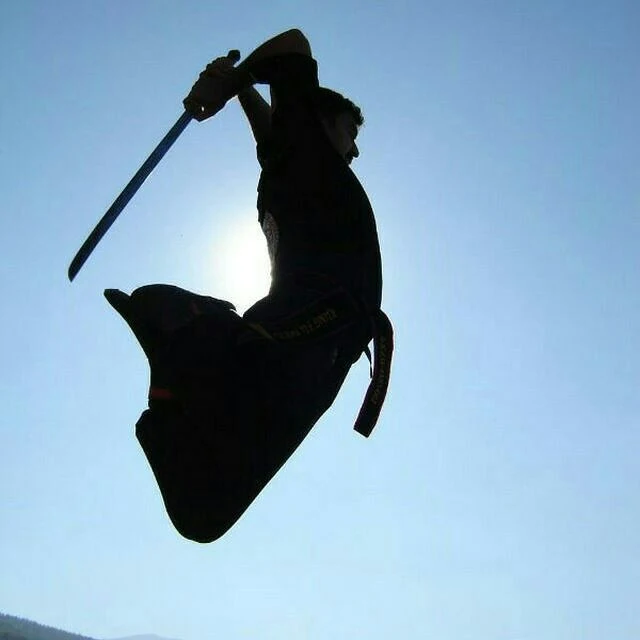The Founder of Partowa
The Rebirth of Martial Culture – A Glimpse into the Life and Work of Dr. Heshmat Shokri Ghadi
Dr. Heshmat Shokri Ghadi, born on June 3, 1962, in Shahí (modern-day Qaemshahr), Mazandaran Province, Iran, is one of the pioneers in reviving the ancient martial culture of Iran. He is the founder and president of the Partava Global Martial & Cultural Organization, an international institution dedicated to preserving, developing, and globalizing Iran’s ancestral traditions through sports, education, culture, and spirituality.

The Journey Begins: From Traditional Wrestling to Global Martial Arts
Dr. Shokri began his athletic journey at the age of four under the guidance of his father, Pahlevan Rahmat Shokri. During his teenage years, he trained in wrestling at the Shahna Club in his hometown. As a young adult, he expanded his expertise to martial arts such as Karate, Judo, and Toa—a modern martial art founded by Master Ebrahim Mirzai.
Simultaneously, he engaged in ancient Persian training systems like Zurkhaneh and practiced indigenous martial dances and combat traditions from various regions of Iran, such as Lucho (Mazandaran), Choukheh (Khorasan), Gil-Mardi (Gilan), and ceremonial weapon dances like Tabar, Chop, and Shamshir across provinces like Sistan, Azerbaijan, and Kurdistan.
⸻
Partava: A Martial System and a Philosophy
In the 1990s, after years of field research and philosophical inquiry into indigenous combat traditions and the ancient Persian worldview, Dr. Shokri founded a new martial arts system called Partava. This system is not merely a combat method—it is a holistic philosophy based on the integration of mind, body, and spirit.
Partava is founded on four fundamental principles:
Physical Ability (Tavānāyi), Knowledge (Dānāyi), Insight (Bināyi), and Spiritual Maturity (Rūhāni or Barnāyi).
The term Partava is rooted in the word Pahlavān (hero/warrior), referring in ancient Persia to a noble warrior who embodied strength, wisdom, and honor. Historically, a “Partava” was someone who carried both inner light and external strength.
⸻
Exile and Global Expansion
In the 1980s, due to his cultural and intellectual activities, Dr. Shokri was imprisoned in Iran for a period of time. After his release, he dedicated himself to teaching and promoting Partava throughout the country. In 2000, he was invited to Qatar as the head coach of Partava and later trained students in the UAE, Turkey, and other regions.
Since 2015, he has been residing in North Carolina, USA, where he continues to expand Partava’s reach across international communities. He leverages the open educational environment of the United States to introduce this ancient yet evolving system to a global audience.

Cultural Projects and Publications
In addition to fieldwork and teaching, Dr. Shokri is actively involved in authorship and curriculum development. His key works include:
• “Partava Line One” (Foundational techniques of Partava)
• “The History of Partava Combat” (A historical and analytical overview)
• A forthcoming book titled “Father”, exploring the spiritual and symbolic role of the father/master in martial ethics
• Storytelling series such as “Secrets of the Blade” and “Silent Masters”, conveying the wisdom and philosophy of Persian martial traditions
He is also the founder of the educational platform Partava Plus, a mobile application designed to train instructors and students worldwide in the Partava system.
⸻
Toward UNESCO Recognition
Dr. Shokri is actively pursuing the international recognition of Partava as an intangible cultural heritage through UNESCO. His efforts reflect the depth and uniqueness of Persian martial philosophy and its relevance to contemporary human needs—balancing physical development with inner discipline and ethical awareness.
⸻
Conclusion
Partava is not just a martial arts style—it is a cultural and spiritual movement. Through the life and work of Dr. Heshmat Shokri, Partava has emerged as a bridge connecting Iran’s glorious past with a universal future. His mission is to revive the identity and inner wisdom of civilization and to share it with the world, through action, education, and legacy.